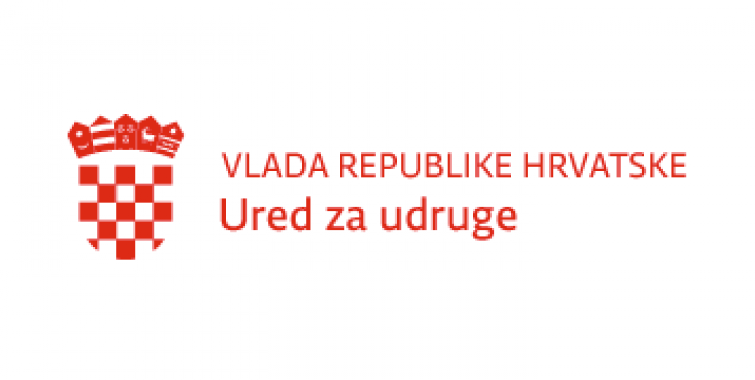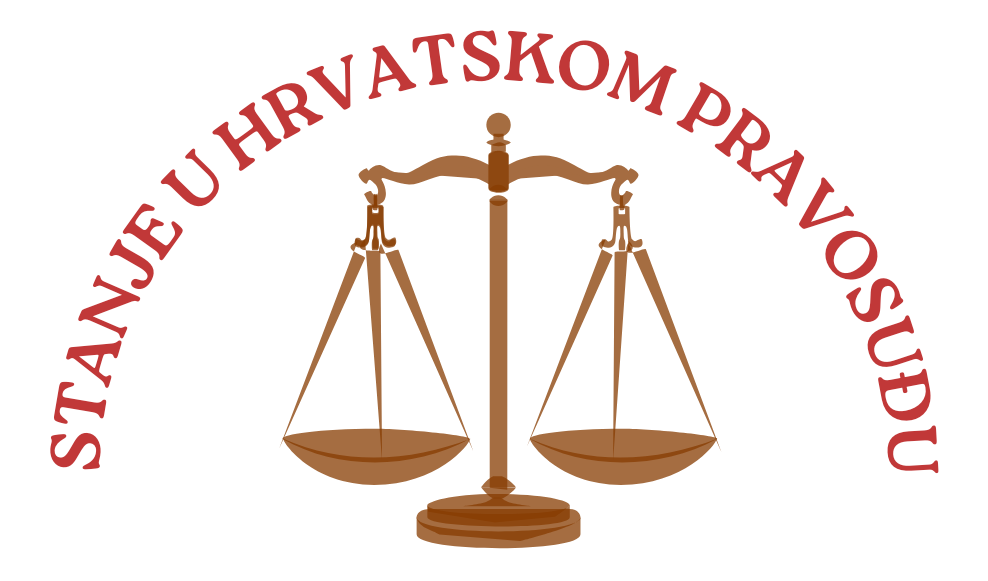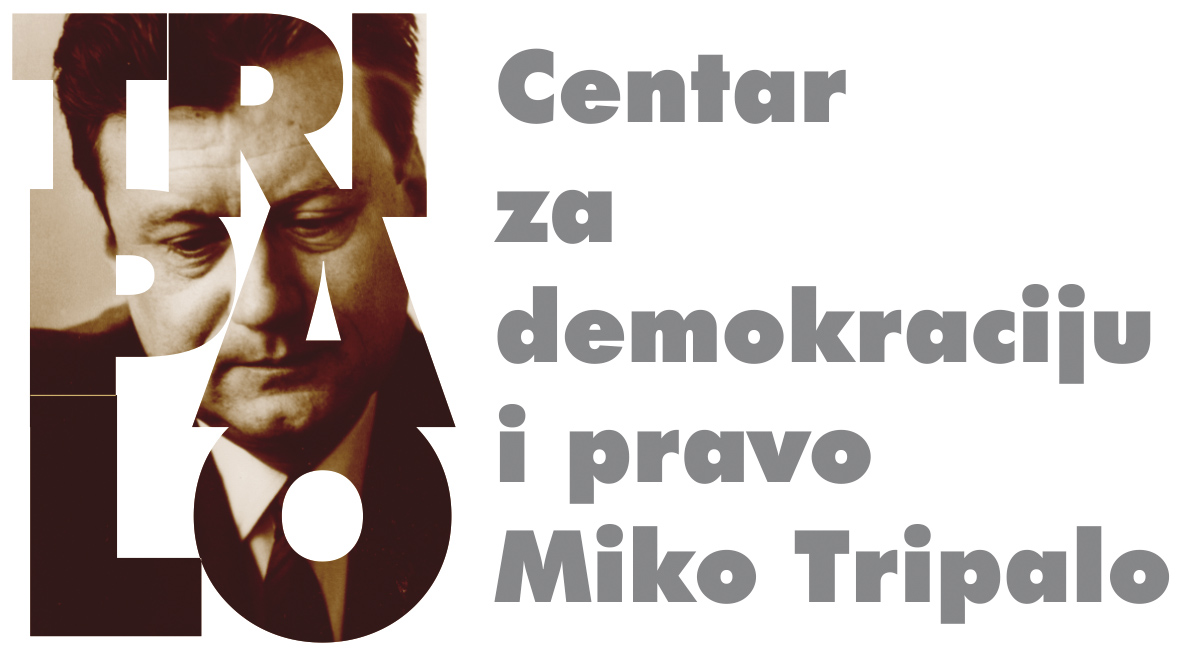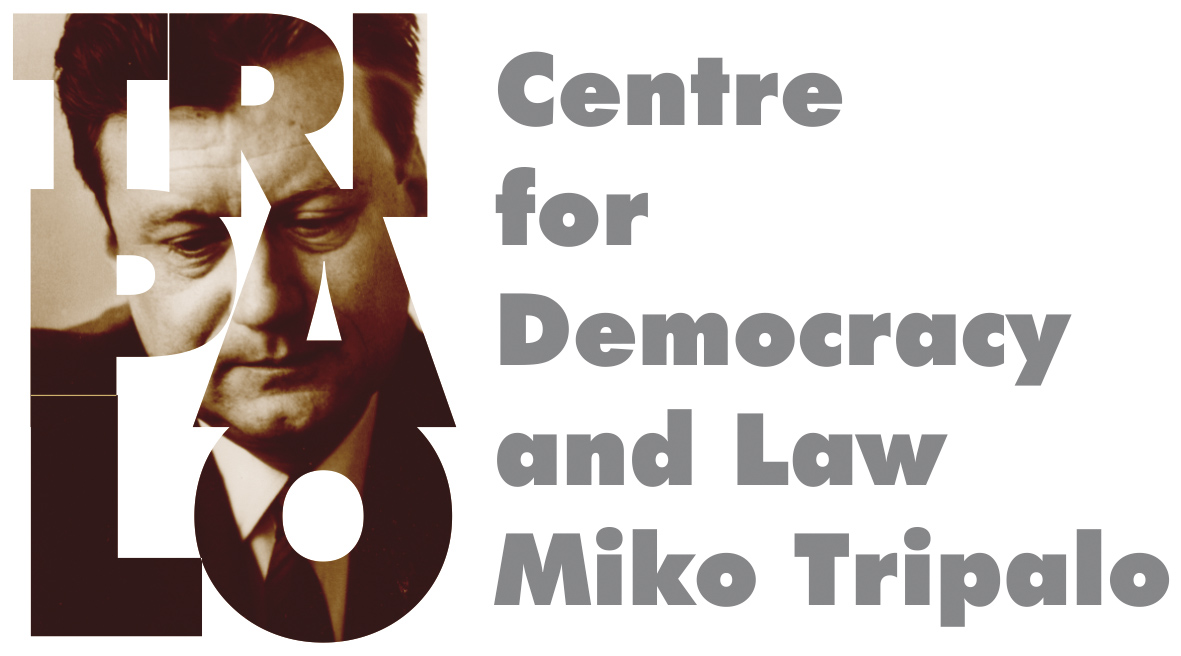Comparison and brief review of the chapter on media in the Civil Society Organizations Joint Submission to the Rule of Law Report and in the European Commission’s 2024 Rule of Law Report
In 2024, an informal coalition of thirteen civil society organizations in Croatia prepared a contribution in the form of a Joint Submission to this year’s European Commission Rule of Law Report, as well as accompanying recommendations. Already at the very beginning of the Joint Submission in the chapter on media, it is clear what concerns civil society organizations (CSOs), especially the Croatian Journalists’ Association, the most.
CSOs in the first lines of the chapter on media highlight their concerns with the working draft of the new Media Act and amendments to the Criminal Code from March 2024. The CSOs emphasize that Art. 307.a of the Criminal Code is problematic and see it as a direct attack on the journalistic profession and the public interest. They state that the reason for its introduction is an attempt to “conceal criminal proceedings against high-ranking state officials from the public”.
In connection with the aforementioned newly announced legal framework, it is emphasized that at the beginning of 2024, amendments to the Criminal Code were additionally revised in order to explicitly exclude journalists and publications of public interest from the scope of application. However, the Report notes that journalist representatives continued to criticize the government for the consequences that the new changes could have on the profession.
On this topic, the European Commission’s Rule of Law Report explains the motivation of the Croatian Government, which considered that these legal changes were necessary to prevent “leaks from investigations during previous proceedings that are not open to the public”, but further states that “there are concerns that the proposed changes could affect investigative journalism and, in general, the freedom of media reporting on important issues of public interest, such as corruption cases”. At the same time, the recent case in which the former head of the public company Hrvatske ceste and an HDZ member of parliament resigned shortly before being arrested for corruption raises numerous questions about the much more dangerous leakage of information from investigations into persons who are the subject of investigative actions. In its submission, unlike the European Commission, the civil sector also points out that in numerous situations, when information should be public under the Right to Access to Information Act, state and local officials refrain from publishing it, delaying the process by refusing access, appealing decisions and sending incomplete responses. They also point out the failure to publish court decisions and the inconsistency of courts in the practice of providing information on court decisions. The European Commission Report does not refer to this topic.
As for independent councils, the Civil Sector Submission points out that the new Electronic Media Act does not require journalists, as representatives of the profession, to be members of the Electronic Media Council. The Commission Report does not explicitly address this issue. It mentions that stakeholders doubt the political independence of the Electronic Media Council because its members are appointed at the proposal of the Government of the Republic of Croatia by a simple majority in the Parliament. However, it states that journalist associations have long called for strengthening the independence of the Agency and the Council by proposing members of the Council by the Parliamentary Committee for Information, Informatization and Media by a two-thirds majority of all members of the Committee. They also point out concerns about tendencies to legalize censorship through the working draft of the Media Act.
When it comes to media ownership, civil society organizations point out that the National Plan for the Development of Culture and Media has been adopted, which finally provides for the creation of an online platform with data on media ownership. However, the Submission emphasizes that before that, the existence of secret societies, the creation of which is enabled by the Companies Act, should be reviewed. The European Commission Report does not mention this part, nor does it mention the fact that Faktograf’s research showed that there are 11 different records of media ownership. The Commission’s Report states in this part that the Government has committed to establishing an information system for publishing information on ownership of all types of media in a single register. As for advertising, the Civil Society Submission criticizes the lack of transparency and secrecy of advertising decisions. They mention the December 2023 scandal that led to the dismissal of the Minister of Economy, Davor Filipović. It is emphasized that this has shown that the media are often “hostages of state funds”. The Submission states that advocacy is underway to establish a national journalism fund that would publicly and transparently finance the media according to professional rules. The European Rule of Law Report underlines the fact that, although the law stipulates that funds are allocated on the basis of a public call in which relevant criteria must be stated, neither these criteria nor any safeguards are prescribed. However, it also mentions that some municipalities, at the suggestion of journalists’ representatives, have introduced good practices to protect the objectivity and transparency of public procurement procedures, but the Government has not taken any measures on the same issue. They conclude that no progress has been made in implementing this recommendation in recent years.
The civil sector is even more concerned about the situation at the local level. They emphasize that most local media have been transformed into auxiliary PR tools, which do not criticize local authorities and do not provide independent information. They also cite Ivanka Toma’s research, which showed that for the majority of electronic media, they are the most important source of income for the local self-government unit, with a share of 40 to more than 80 percent in the media budget. Here, the European Commission Report only briefly states that stakeholders often point to close links between local authorities and local media, as well as a lack of independent and critical reporting at the local level due to the high dependence of these media on state advertising funds.
As for HRT, the European Rule of Law Report states that there are doubts about political independence because the current framework gives the parliamentary majority a large influence on public broadcasting. They also state that an internal audit of HRT in 2023 revealed major irregularities in its dealings with an external service provider, which called into question the ability and accountability of the management.
As for the cooperation of journalists with the police, the civil sector highlights the problem of the lack of publicly available records of incidents related to persons performing journalistic activities. The only publicly available record is that kept by the HND within the Safe Journalists project on the safejournalists.net portal. Both the Civil Society Submission and the Rule of Law Report point out that the competent authorities and journalists’ representatives have concluded a Cooperation Agreement in order to improve the safety of journalists. The European report also adds that journalists’ representatives believe that police authorities generally respond appropriately in cases of attacks on journalists or threats to journalists.
Regarding SLAPP, the Civil Society Submission recalls that the Ministry of Culture and Media has established a working group to address the issue of SLAPP. However, they point out that there is still no official definition of SLAPP in Croatia, and that the courts do not distinguish or classify such claims. The CSO submission and the Commission Report mention the lack of any limits on potential civil damages for defamation, which also contributes to the risks faced by journalists. Having mentioned all this, the European report concludes that only limited progress has been made in implementing the recommendation from the 2023 Rule of Law Report in this area. What the European Report did not mention is the data on attacks on journalists in 2023, which the Submission described in detail.
The report on the rule of law of the European Commission mostly mentioned the key problems that civil society pointed out, however, the submission of civil society is in many respects more detailed and critical, and the recommendations are much more specific. In the submission of the civil society, emphasis was placed on the concern of the journalistic profession about the possibility of censorship and greater pressures, as well as the increasing dependence of local media and journalists on local or regional authorities. In this report, the European Commission did not focus so much on those two topics, while a little more attention was paid to explaining the legal changes.
In light of the publication of the Report, on Monday, September 30, in the building of the Croatian Journalists’ Association, a conference on SLAPP and Media Freedoms – Rule of Law Report was held, in which the participants addressed, among other things, the topics from the chapter on media from the Rule of Law Report.
Representatives of the Miko Tripalo Centre presented the results of the research on strategic lawsuits against public participation (SLAPP) and highlighted as one of the problems of the Croatian judiciary in this area the fact that the Croatian legal system does not have a definition of SLAPP. Likewise, the case law in this area is still uneven – judgments differ in relation to whether the courts refer to the judgments of the European Court of Human Rights. The proceedings last on average 1326 days (44 months). Also, at the end of the presentation, proposals and recommendations were made, including that after all completed cases, judgments must be immediately published on the court’s website, and a summary of the judgment should be available to the media. The judgments themselves should be systematically monitored by civil society.
At the roundtable, the Ministry of Justice and Administration emphasized the desire to resolve the issue of the anti-SLAPP directive in a quality manner in cooperation with the Ministry of Culture and Media. The Ministry of Culture and Media also announced the adoption of a new Media Act by May 2026, and by then the ministry will also create a brochure for judges to quickly recognize SLAPPs.
One of the key problems was once again detected as the inconsistent practice of Croatian courts, as well as the regional imbalance that exists in this area, because in some regions the courts show greater understanding for SLAPP lawsuits. We also witness many situations in which both higher and lower courts cite decisions of the European Court of Human Rights, but incorrectly apply them in their decisions. The Office of the Ombudsman pointed to the ubiquitous verbal and physical attacks and that there are an increasing number of SLAPP lawsuits directed at environmental organizations and “whistleblowers”, although another law on the same was passed in 2022.
Civil society organizations emphasized that they advocate for the decriminalization of insult and for the best possible transposition of the Anti-SLAPP Directive into Croatian legislation in a way that would effectively protect SLAPP targets and at the same time serve to deter SLAPP plaintiffs from abusing the judicial system with the aim of silencing critical voices. The participants agreed that early recognition of SLAPP is key (as soon as it is clear that the plaintiff is from a position of power), and the Judicial Academy announced a new series of workshops to be organized in 2025. At the end of the meeting, it was concluded that citizens must have the right to timely and accurate information because the media is a public good, and intimidation and the imposition of censorship have only one goal – to deter from the primary task of the journalism profession.
Written for the Miko Tripalo Centre by Domagoj Zubović, edited by Melisa Skender (HND) and Martina Refi Homolak (House of Human Rights).

Funded by the European Union. The views and opinions expressed are those of the authors and do not necessarily reflect those of the European Union or the European Education and Culture Executive Agency (EACEA). Neither the European Union nor the EACEA can be held responsible for them.
The views expressed in this publication/programme/exhibit/video/audio material are the sole responsibility of the Centre Miko Tripalo for Democracy and Law and do not reflect the views of the Office for Cooperation with NGOs of the Government of the Republic of Croatia.

The Impact4Values program is co-financed by the Office for Cooperation with NGOs of the Government of the Republic of Croatia.



